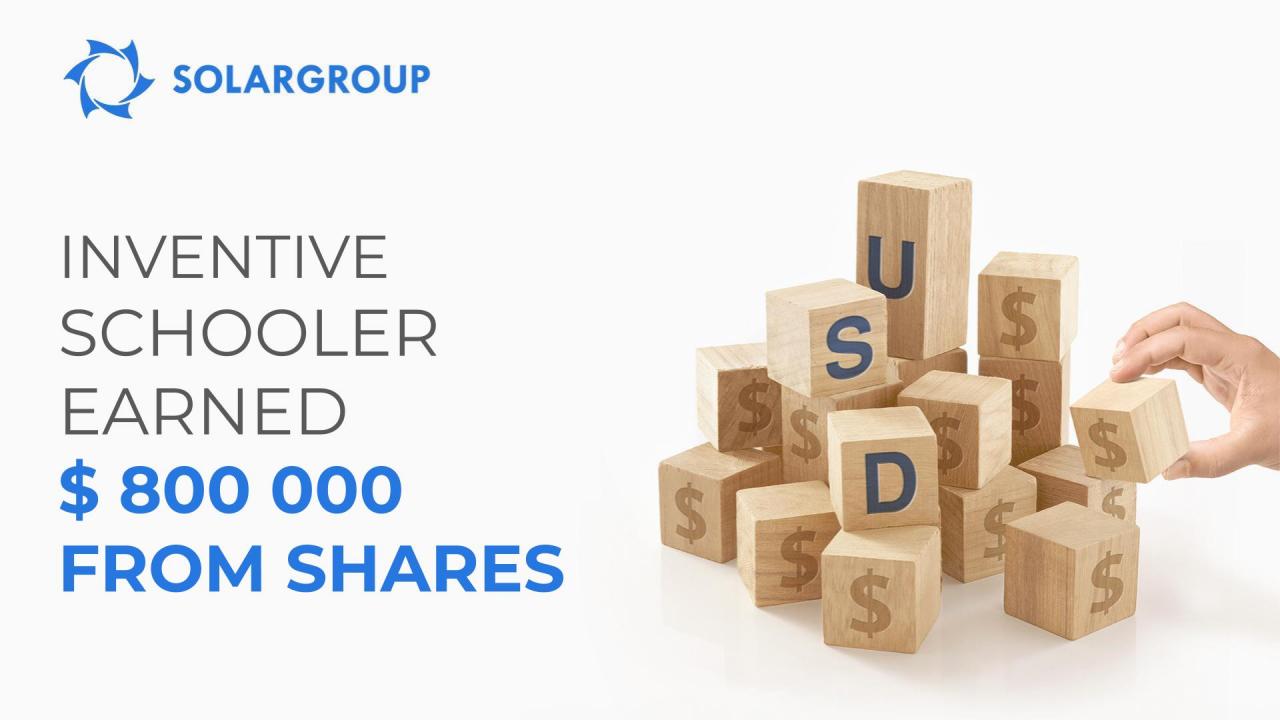
A 15-year-old trader earned $800 thousand over six months
Trading stocks can bring profit to a trader of any age, this statement was proven by 15-year-old Jonathan Lebed from the US state of New Jersey.
Jonathan's interest in trading was inspired by his father who played the stock market a little and often watched financial news. As a child, Lebed started reading articles on financial websites and participating in discussions on specialized forums. This led to the fact that at the age of 12, Jonathan began to actively trade shares having purchased America Online securities using $ 8,000 given by his father as a gift.
The father of the beginner trader considered these shares to be unpromising, predicting a fall in their value from $ 25 to "two cents", but two weeks after the purchase, the securities rose to $ 30, and Lebed sold them profitably. The next 1.5 years brought Jonathan an additional $ 20,000 to the original capital, and thus the guy won his father's respect and trust. At the same time, the teenager took part in a contest for young traders sponsored by CNBC where he took the fourth place as a team member, and even got on television.
But this story is not just about playing the stock market: being an inventive person, Jonathan realized the importance of information in the financial market early on, and so created a website stock-dogs.com about low-liquid stocks. He posted manipulative articles authored by himself with the intention to increase the value of the shares he had bought. Needless to say, before posting the articles, Jonathan purchased securities that he was going to hype, and then sold them at the peak, leaving customers with a low-liquid financial product on hand whose price fell again soon.
Lebed's successful trading even drew the attention of the U.S. Securities and Exchange Commission (SEC). The boy and his mother were called in to a conversation that lasted from 10 am to 6 pm. As a result, Jonathan managed to convince the investigators that his actions did not constitute a crime, and he was just a teenager who desperately wanted to get recognized. However, Lebed was given a hard time at home: his angry mother closed his brokerage account.
The father saved the desperate situation: Greg Lebed was so inspired by his son's achievements that, without his wife knowing, opened a new account in his own name, and in the fall of 1999, Jonathan started over again. He chose a new strategy for the new beginning. Now he was buying the cheapest stocks and using hundreds of fake accounts created in E-Trade and Yahoo shaped an opinion that these securities would soon become more expensive. Oddly enough, the strategy worked well, and the stocks rose in price rapidly. 24 hours was enough for Jonathan to sell them with a good profit of up to $ 74,000 for the best deal.
To organize the entire process, Lebed would get up at 5 a.m. and post up to 200 fake posts on Yahoo Finance boards before school. He skillfully copied various styles of posts, from professionally analytical to enthusiastically emotional. In the dot-com era, a lot of traders believed the information posted by Jonathan and bought the securities recommended to them. In just 6 months, the teenager managed to make $ 800,000, but in February 2000, new problems with the SEC arose.
After learning that Lebed Jr. manipulated information in the financial market again, the Commission initiated a criminal case against him. But the guy did not get confused: he denied all the charges and organized an Internet campaign in his defense. His words about sincerely believing in the growth of certain stocks were quoted by the leading media, including the New York Times Magazine in 2001. As a result, the case did not end up in court: Jonathan had to return $ 285,000 for 27 proven manipulations, but the rest of the amount remained in his father's account. Besides, the guy was made to promise never to engage in fraud on the stock exchange again. He was the first teenager to be accused of this kind of fraud.
Now Jonathan is 36 years old, he works as a financial analyst, is engaged in trading and financial advice. For example, in 2008, he recommended taking a closer look at the shares of Gulf Resources exploring and developing natural resources in Africa. In the period from December 2008 to January 2010, these securities soared in price by 1,500 %.

